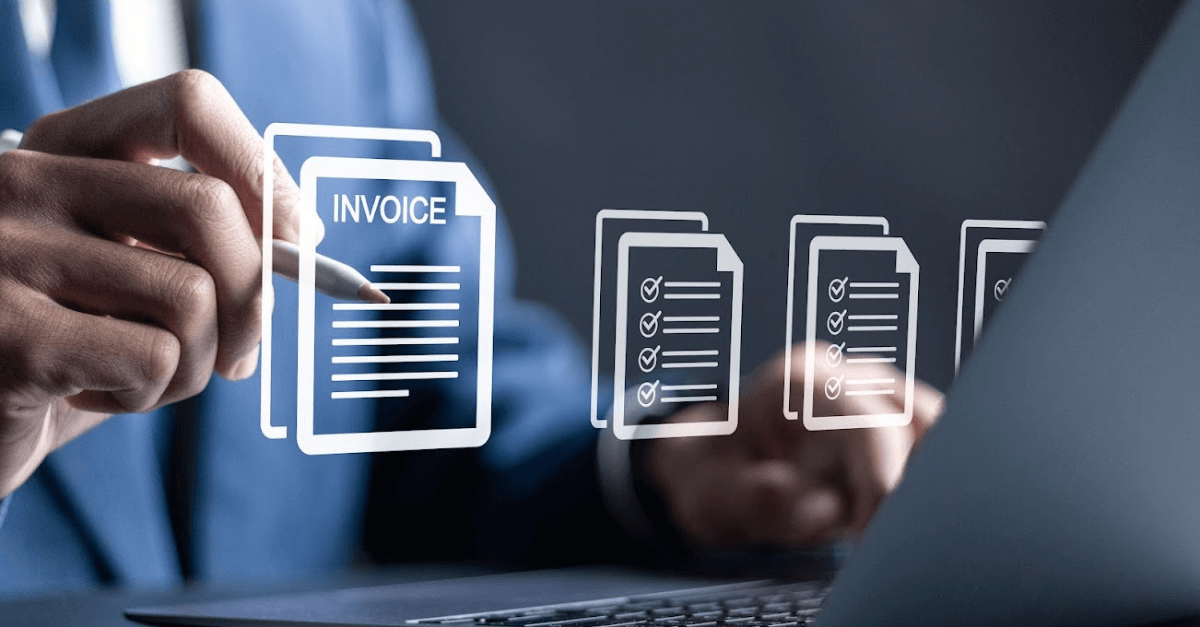Video: The latest tax compliance updates Q4 2022
Watch our easy to follow video and take a look at the latest tax compliance and e-invoicing updates from around the world.

You are reading 2022 Q4's quarterly update.
Newly announced regulations
Spain
On the 29th of September 2022, the Boletín Oficial del Estado (Official State Gazette) officially published the Spanish project “Crea y Crece” (Creation and Growth). The project and publication explains how electronic invoicing will become mandatory for B2B invoices in Spain.
Spanish businesses must have the processes in place to create, distribute and also receive electronic invoices. Furthermore, businesses must also send the status of each invoice to the Spanish government.
The mandatory processes will be rolled out via a two staged approach, depending on a business’ annual turnover:
- Q4 2023 - E-invoicing mandate for businesses with an annual turnover exceeding €8 million
- Q4 2024 - E-invoicing mandate for all remaining businesses
The current timelines are yet to be finalised, but it is clear that Spanish businesses must start preparing soon.
To find out even more information about the new Spanish B2B regulations, take a look at our detailed blog: “Spain’s mandatory B2B e-invoicing announcement”.
China
The China Tax Bureau has announced a country-wide e-invoicing mandate, expected in Q1 2025.
Currently, e-invoicing in China is carried out on a voluntary basis. Throughout 2022, there has been a rollout approach stating which regions of China, and which taxpayers, can voluntarily issue and receive electronic invoices.
In China, an electronic invoice has the same legal value as a paper invoice. In order to distribute e-invoices, businesses must first purchase their e-invoice (e-fapio) from the State Taxation Administration, before sending it to the recipient. This can be carried out via a 24-hour available online service where businesses can issue, deliver and verify their e-invoices at no cost.
What to expect in Q4 2022
Switzerland QR-Rechnung and eBill in place
From the 1st of October 2022, Swiss businesses must replace payment slips with QR-Rechnung (English: ‘QR bill’) and eBills.
The QR bill was introduced in Switzerland in June 2020. It has gradually replaced the previously used payment slips and has now come into full force. This will create the basis for digitalised and efficient payment transactions in Switzerland. Transactions which are made possible by using the QR code on outgoing invoices.
Luxembourg B2G mandatory e-invoicing stage 2
Since December 2021, economic operators have been obliged to only issue and transit electronic invoices. The mandate expanded to include B2G transactions for large businesses in May 2022, and soon B2G transactions for medium-sized businesses from the 18th of October 2022.
Find out more about Luxembourg’s e-invoicing network, format of choice and the expected rollout date for small businesses, in our detailed blog “Luxembourg mandatory electronic invoicing to public authorities”.
Belgium B2G mandatory e-invoicing stage 1
The Official Gazette published the Royal Decree of 9 March 2022, stating an 18 month plan for the implementation of mandatory e-invoicing for public body suppliers. The rollout will be based on the value of the supplier’s contract.
As of the 1st of November 2022 suppliers of Belgian public bodies holding a contract for the amount over €215,000 will be mandated to send electronic invoices to their public customers.
Helping you stay ahead
Keep up to date with the latest changes regarding e-invoicing and tax compliance by following us on LinkedIn.
Tell us your business needs, and we’ll find the perfect solution
Get in touch

